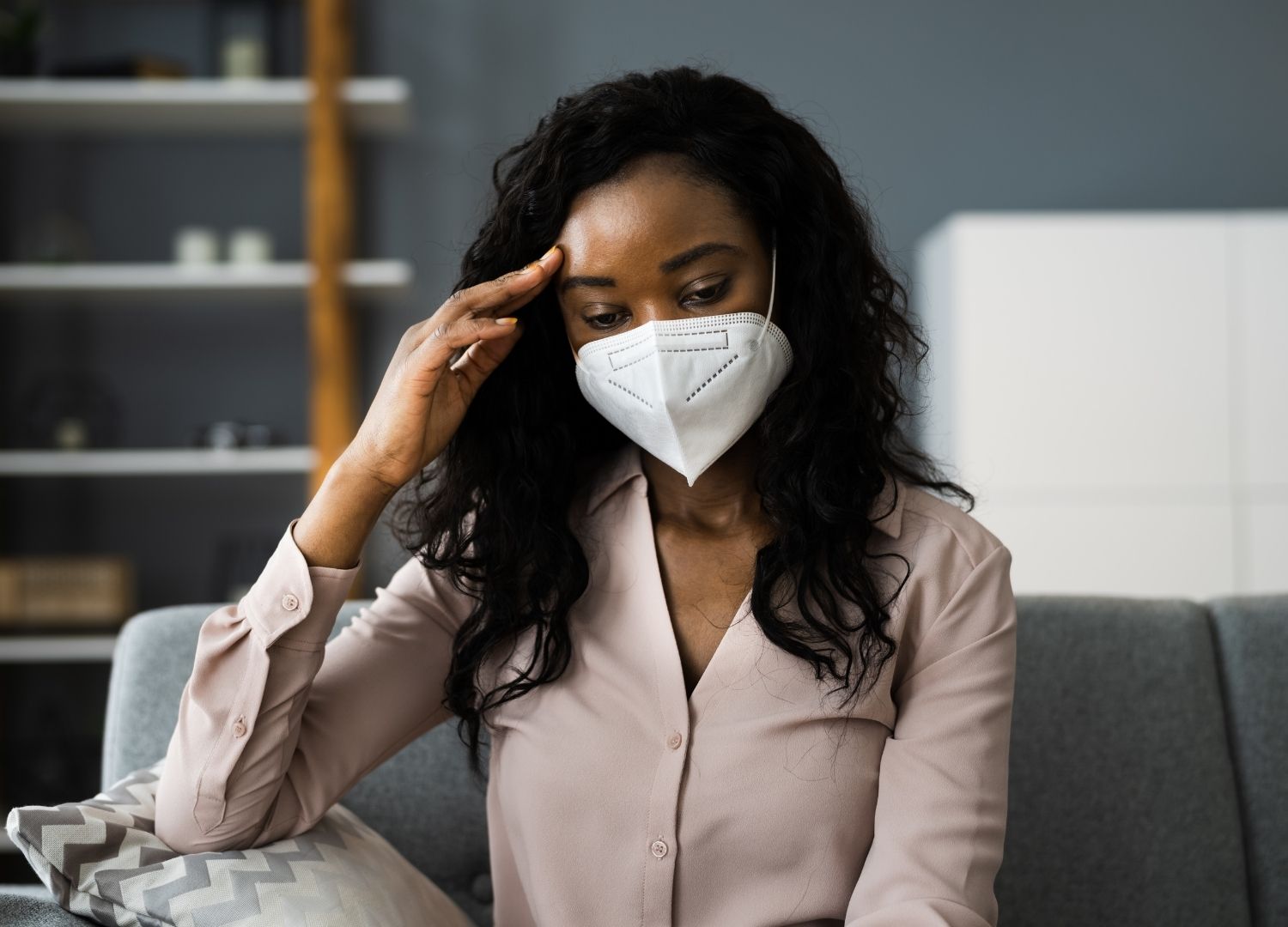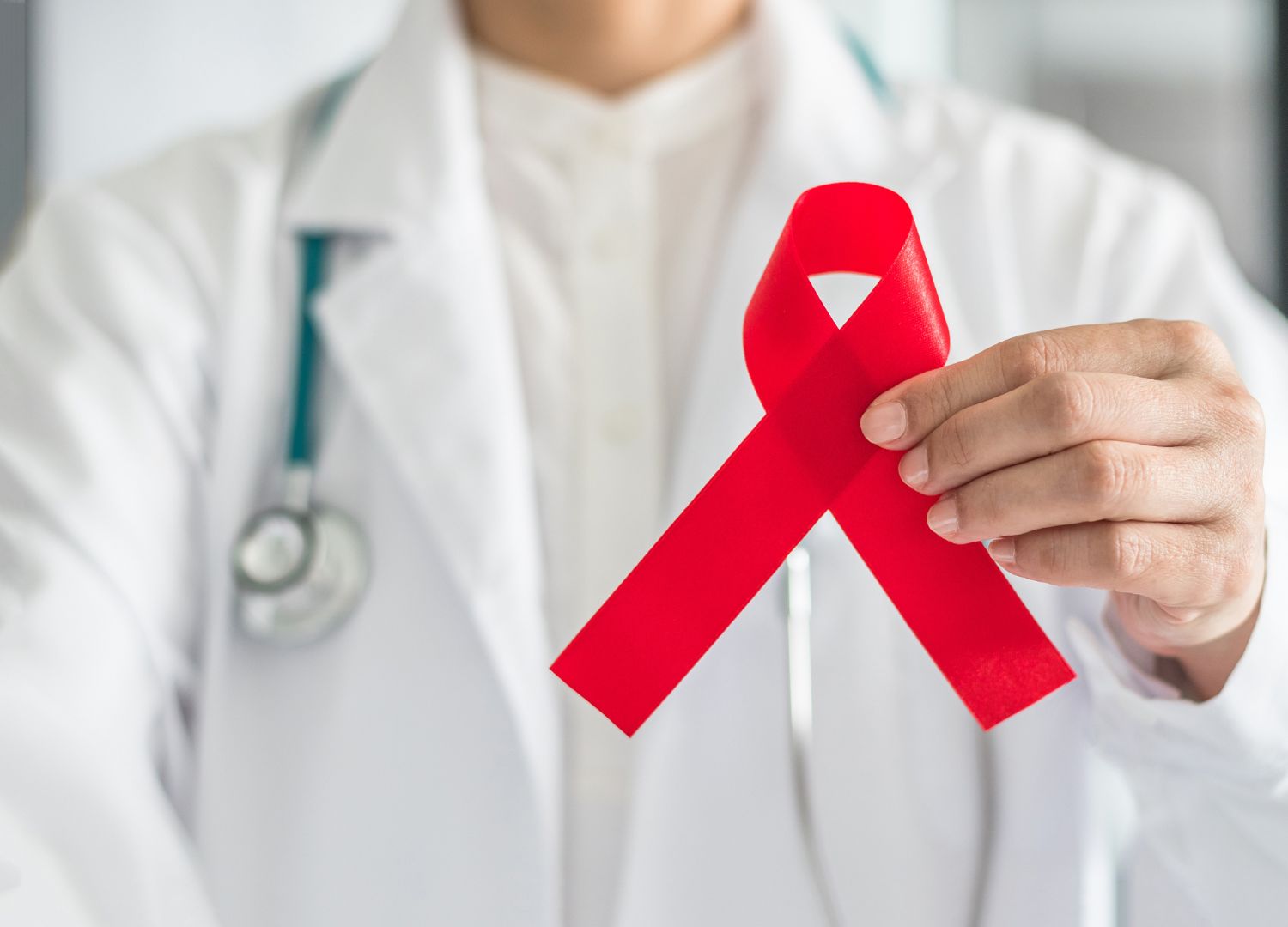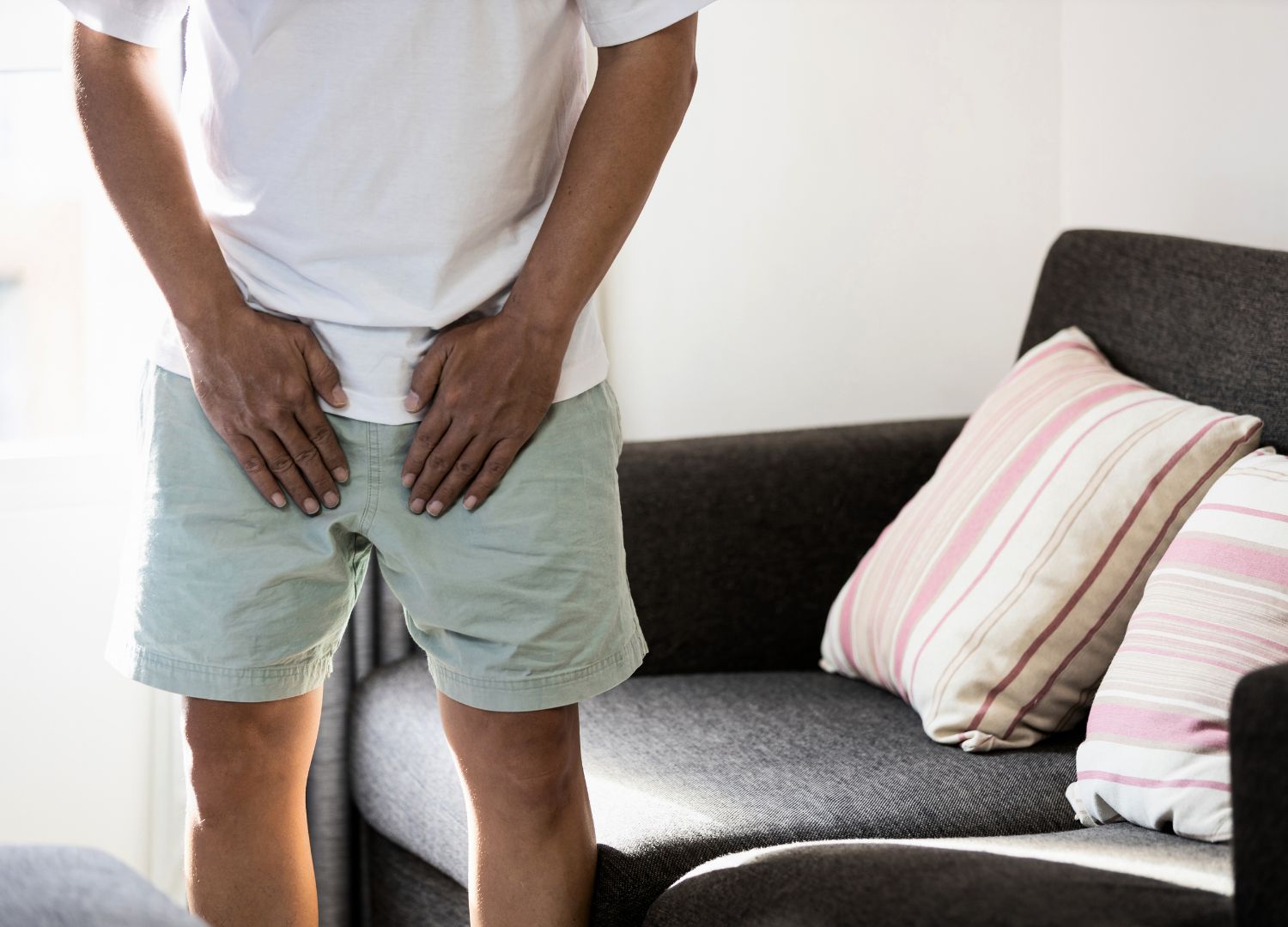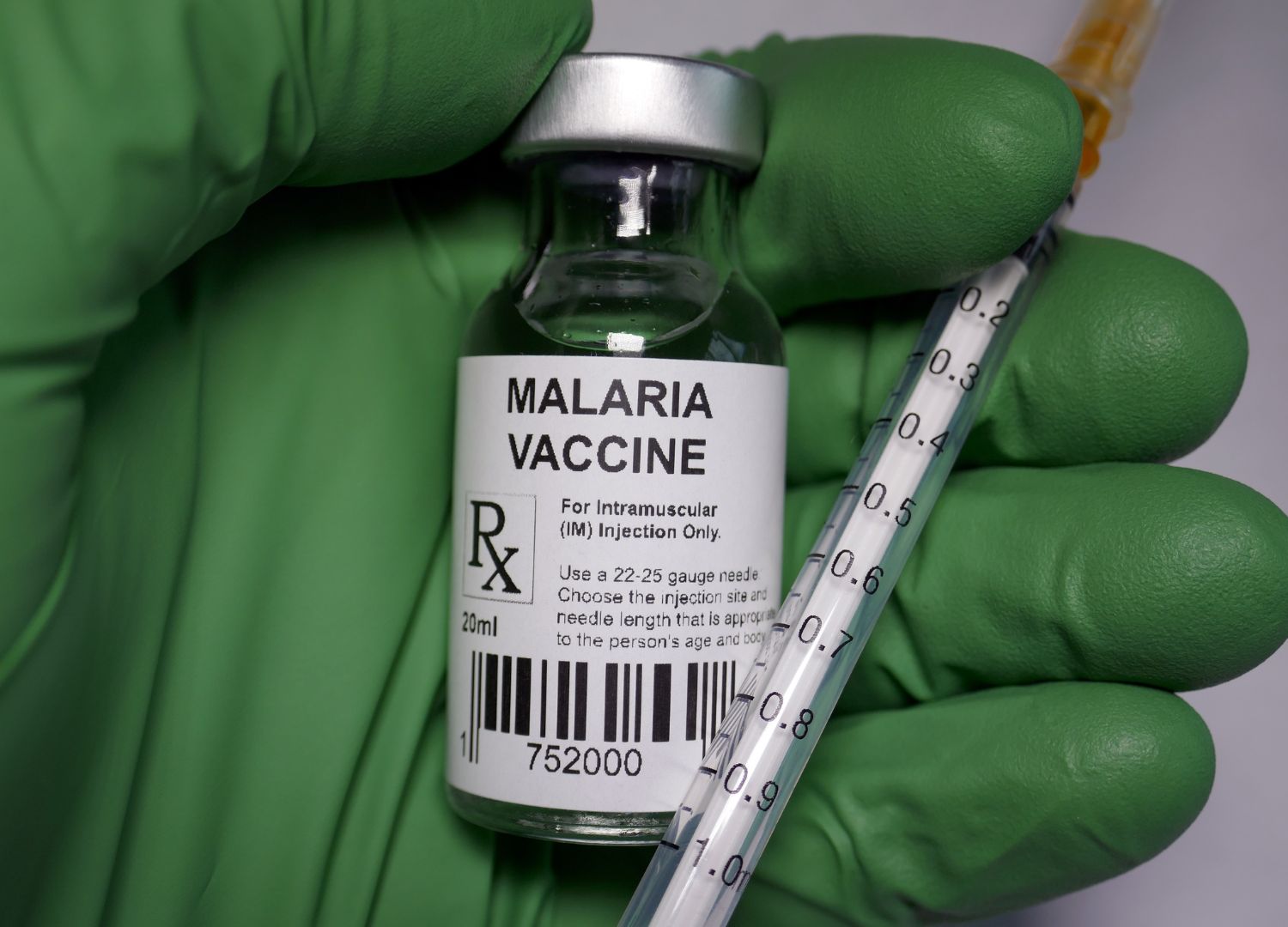"Bola was okay during the pandemic. She was not overly bothered by the mandatory stay-at-home orders or been unable to go out. She worked from home most days and she lived with her best friend. However, 3 months into the pandemic, Bola starts to feel down and tired. She finds it difficult to fall asleep and feels very anxious whenever she hears news of the pandemic".
Since the COVID-19 pandemic started, it has thoroughly affected every aspect of human life. From the way we work, school to our physical and mental health.
From health anxiety over whether you have caught the virus, worrying about your loved ones to the stress and loneliness brought on by remote working and social distancing, it's not surprising that COVID-19 has a heavy impact on mental health.

Let's examine the impact of COVID-19 on mental health:
Increased reports of psychological disorders
Reports of anxiety, depression, sleep disorders such as insomnia, and acute stress increased globally during the pandemic. In fact, a new term was coined "COVID depression" to describe the low mood, feelings of hopelessness, and fatigue brought on the pandemic. Depression mainly stemmed from work uncertainty, being laid off, living with a chronic health disorder, or having a low income.
Worry and stress about contracting the virus and about our loved ones also increased anxiety reports. Non-specific symptoms such as insomnia, and change in eating habits were common as well.
Substance and alcohol abuse
Research reports show an increase in substance use in 2020 among adults trying to deal with COVID-related stress. Many people turned to drugs as a means to stop thinking about or dealing with the pandemic and its effects.
In certain parts of the world, people drank large amounts of alcohol as a preventative measure against contracting the virus. Additionally, job loss, unemployment, the loneliness of remote working had many people turning to drugs and alcohol.

Heightened mental distress
While some people did not turn to drugs and alcohol or develop a full-blown mental health disorder, a large number of people experienced mental distress during the pandemic especially during lockdown periods.
People with mental distress feel demotivated, overwhelming, tired, unable to concentrate, worried and many experience sleep difficulties. This distress stemmed from the high number of COVID-19 cases being reported, the resulting hospitalizations, deaths, and control measures to curb the spread of the virus.
People who were unemployed, uncertain about their employment, and had poor financial security also reported high levels of mental distress. Mental distress may spiral into full-blown mental disorder if not managed properly.

Development/Worsening of compulsive behaviors
As we all know, hand-washing and mask-wearing are some of the hygiene practices adopted globally around the world. However, for people who have Obsessive Compulsive Disorder (OCD) with a fear of contamination or illness, the pandemic has been a very trying time; their symptoms may worsen during this time. For others, dormant symptoms may reappear. On the other hand, people with anxiety might develop compulsive hand-washing and cleaning habits during this time to avoid infection.
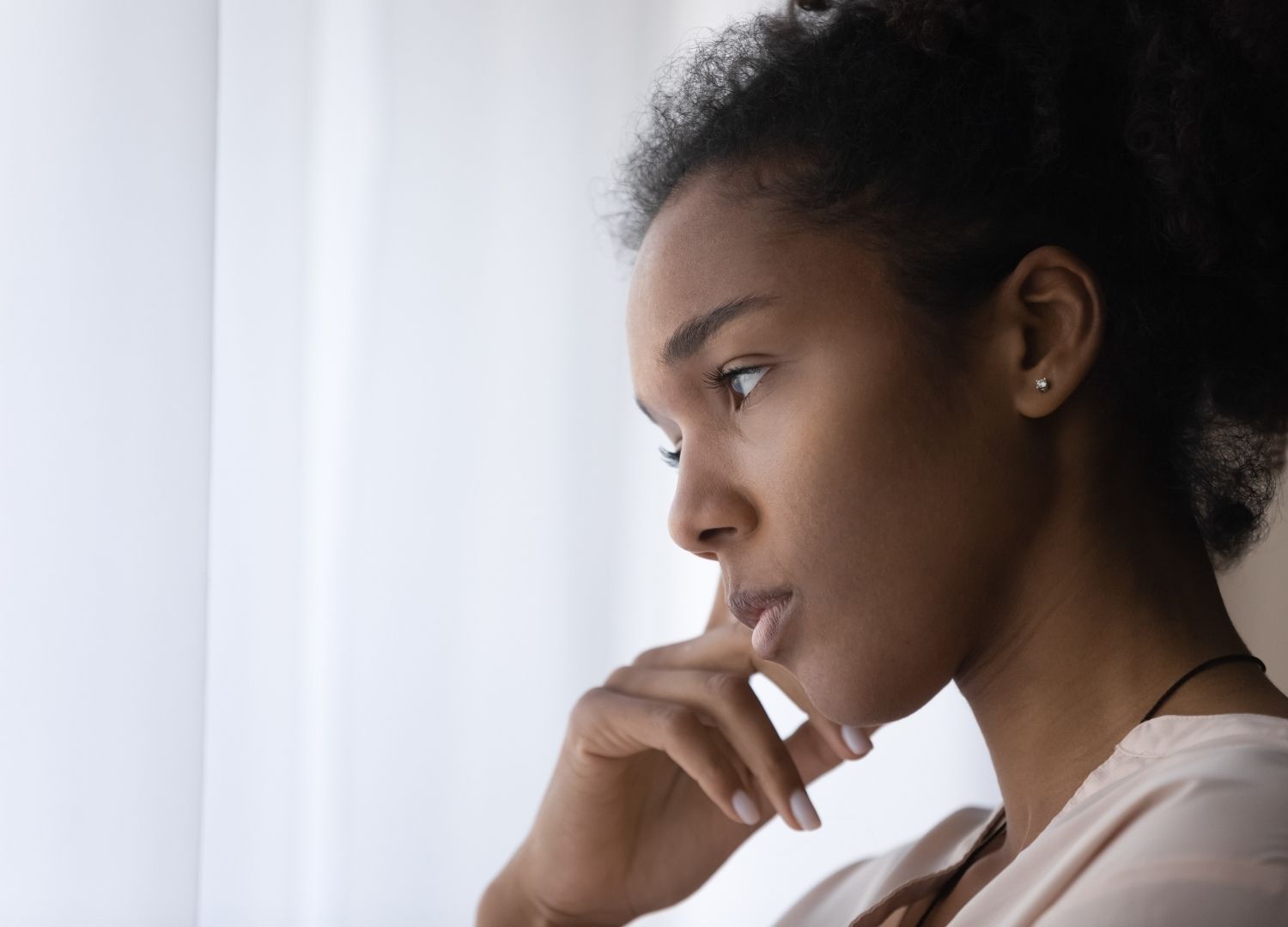
Conclusion
The COVID-19 pandemic brought along major risk factors for mental health problems such as unemployment, fear, stress, financial insecurity, and social isolation. Rather than hiding these problems, seek out help. Remember that you are not alone; people all around the world are dealing with similar concerns. Speak up and get help.

